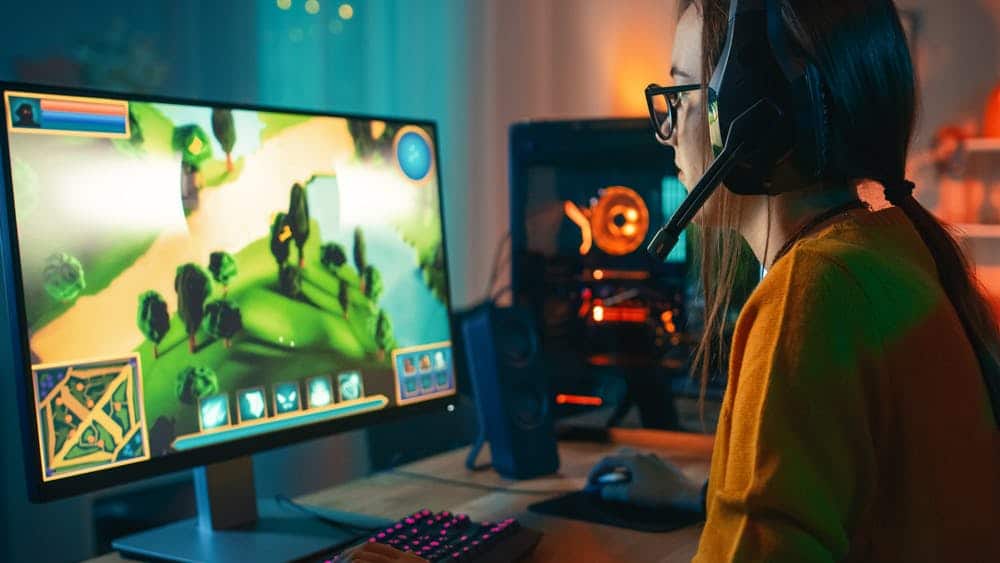
The Psychology of Luck: Online Slot Games Explored
In the world of online casinos, the allure of luck is a powerful force that draws millions of players to try their hand at kubet indonesia games. The flashing lights, mesmerizing sounds, and the promise of hitting the jackpot create an irresistible combination that taps into the psychology of luck. This blog delves into the intricate world of online slot games, exploring the psychological factors that make them so popular.
The Illusion of Control:
One of the key psychological elements behind the appeal of online slot games is the illusion of control. Despite being purely based on chance, these games often provide players with choices, such as selecting paylines or deciding when to spin. This perceived control can create a sense of empowerment, making players believe that their decisions influence the outcome, even though the results are ultimately determined by a random number generator.
Reward System and Dopamine Release:
Online slot games employ a reward system that triggers the release of dopamine, the neurotransmitter associated with pleasure and reward. The anticipation of winning, coupled with the occasional reinforcement of small prizes, keeps players engaged and motivated to continue playing. The intermittent reinforcement schedule, where rewards are unpredictable, is particularly effective in reinforcing behavior, making players eager to chase the next win.
Themes and Immersive Experience:
Slot games often feature vibrant themes and captivating storylines that enhance the overall gaming experience. These immersive elements contribute to player engagement, creating a fantasy world where luck reigns supreme. Whether it’s exploring ancient civilizations, embarking on treasure hunts, or encountering mythical creatures, the thematic richness adds an extra layer of excitement and escapism.
Social Interaction and Community:
The advent of online casinos has introduced a social dimension to slot gaming. Players can share their experiences, strategies, and even compete against each other. The sense of community fosters a feeling of belonging, as individuals connect over their shared pursuit of luck. This social aspect can amplify the pleasure derived from winning, as it becomes a communal celebration.
Risk-Taking Behavior:
The psychology of luck is closely tied to risk-taking behavior. The thrill of uncertainty and the potential for substantial rewards entice individuals to take risks they might not consider in other contexts. The concept of “risk vs. reward” plays a pivotal role in attracting players to online slot games, as the allure of a life-changing jackpot outweighs the inherent risk involved.
Conclusion:
The psychology of luck is a multifaceted aspect that drives the popularity of online slot games. From the illusion of control to the release of dopamine, the combination of psychological factors creates a compelling experience for players.